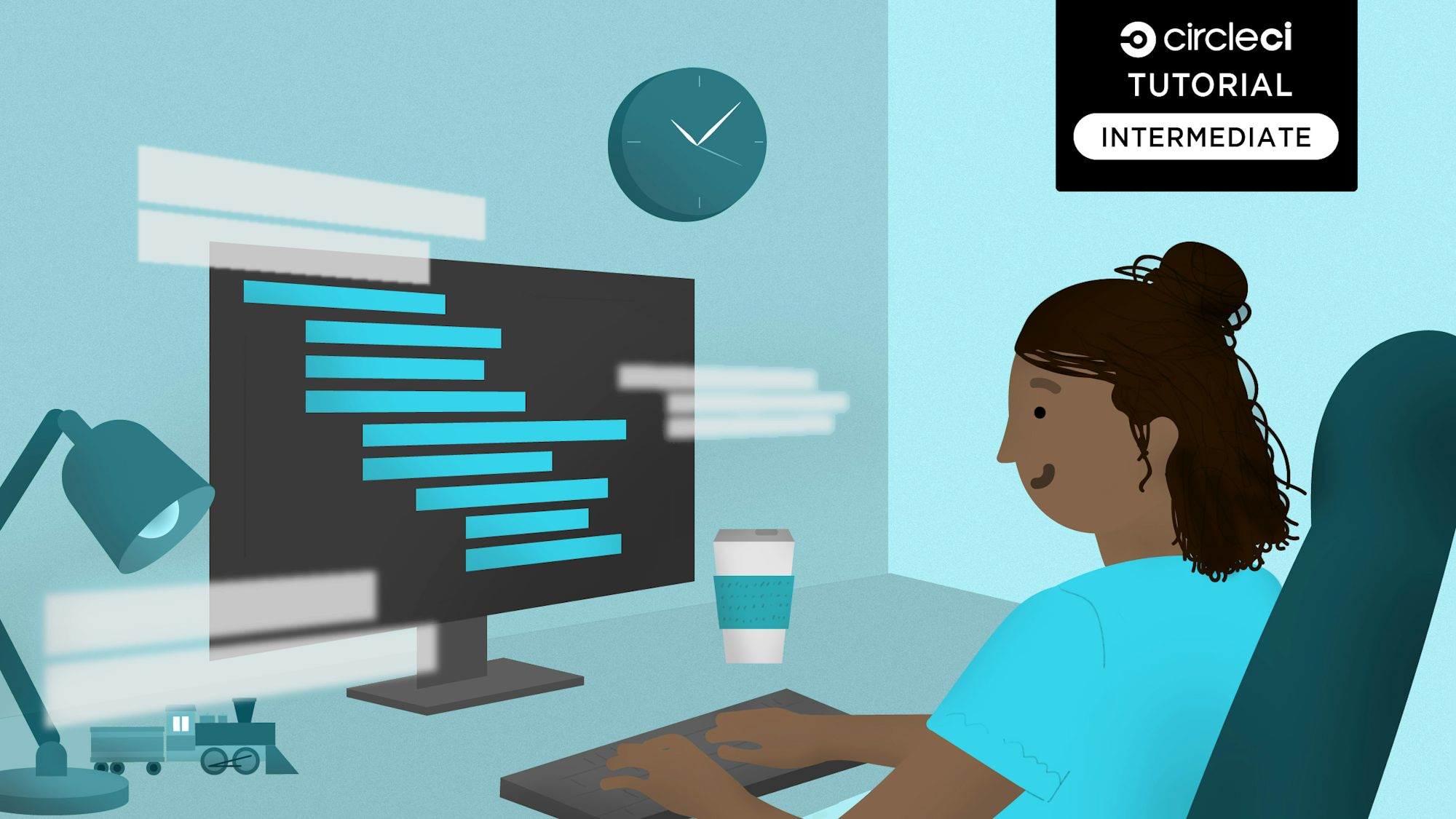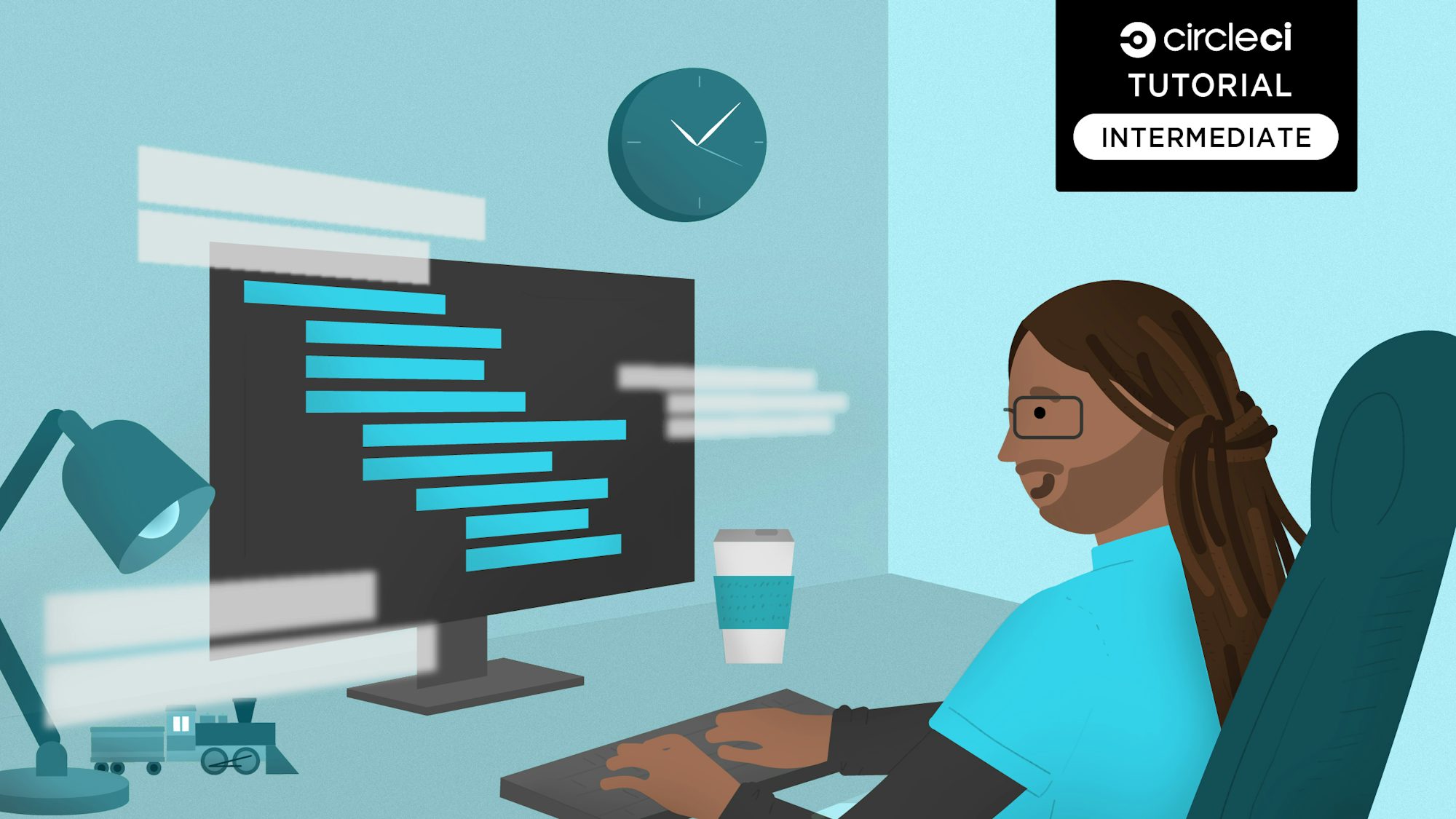Let's talk engineering; building software by building community

Senior Software Engineer

For the past three years, I have been running and facilitating a community where folks from all levels and departments at CircleCI can come together to discuss diverse topics. We call it “Let’s Talk Engineering.” Some of the topics we’ve covered have been technical in nature, while others have focused more on leadership: how different teams operate, personal growth, and writing to name a few. Let’s Talk Engineering celebrates interdisciplinarity and multidisciplinarity. Folks do not have to be engineers to participate; after all, folks from all disciplines work together to make engineering happen - so we focus on the beauty of that.
It's a cultural touchstone for me - LTE is one expression of how I think engineers should learn and work together: transparently, empathetically, with an eye to a broader context than just solving the next problem. Cian Synnott, Engineering
We have a #lets-talk-engineering slack channel where anyone is welcome to join and share their thoughts and ideas. Today, Let’s Talk Engineering is a community of close to 200 folks. At any given session, attendees can range anywhere from 10 - 30+, but there is always great participation!
I've found it a refreshing way to reframe business challenges without any expectations or feeling like it’s "work." Aisling Conroy, Product Marketing
What are the sessions like?
I’ve tried my best to create a casual and informal setting for Let’s Talk Engineering. I set the expectation that people can join to simply listen in, and participate as much or as little as they’d like. I select a topic every 2 weeks (often a new topic, but sometimes a continuation of a previous session), and I start every discussion with a set of questions.
The most important things I want to achieve with Let’s Talk Engineering are:
- Create a community that anyone can be part of
- Empower folks to connect and get to know each other
- Showcase how connected we are
- Illustrate how interdisciplinary experiences and studies make engineering even better
- Talk about engineering in a way that doesn’t feel exclusive or intimidating
- Create a space where ideas, experiences, and learnings can freely be shared and nourished
Everyone is encouraged through our Slack channel to share any ideas they have for future topics. People are also welcomed to lead or present at sessions if they are interested. During our meeting, I encourage folks to ask questions and steer the discussion if they would like. They can also ask each other questions. Over time, it feels more and more like sitting at a coffee table with a group of friends and chatting about stuff we all care about.
It’s been nearly two years since we could gather in person, and many of us haven’t met our colleagues at all. These come very close to replicating the sorts of work related “dinner chat” we’re otherwise missing out on. Heather Wiencko, Engineering
Why I created Let’s Talk Engineering
I was encouraged to start the group by my mentor, Olu Ayandosu, a Senior Staff Engineer on my team. At the time, we were discussing the book Clean Code. He encouraged me to turn our small discussions about code into something that had impact beyond our 1-1 talks about the book. At the time, I was extremely intimidated about hosting anything. I was new to CircleCI, and junior in my career, so what could I possibly offer?
After some reflection, something clicked. Years prior, I attended a talk in San Francisco featuring the CTO of the United States, Megan Smith, speaking about the social implications of technology. Megan spoke on a stage, and following that, there was a dinner where folks were able to mingle, talk, and ask questions. I got to sit right next to her!
As a Computer Science student at the time, I was so discouraged and felt like I didn’t belong in tech. I asked her what helped her stay motivated and if she had advice for me. She told me “Keep going. You belong. You are needed. We need more women in science and in tech.” I was so inspired by the event and her words and that memory stayed with me. It was the first time I had attended an event where interdisciplinary discussion was at the forefront, and “regular people” were able to mingle with folks in senior leadership positions and exchange ideas. I remember being blown away by how willingly and excitedly people came together to witness and participate in discourse.
Thinking back on that experience, I decided to give it a go. I wanted to create a space where people could come together to share their experiences and learnings not just as professionals but as human beings. After all, it’s all connected.
Building your own interdisciplinary community
Communities can make such a huge difference in how people feel and how ideas flow at a company. I think we all like to feel heard, like we can share our experiences and that there is a space where others can do the same. When the focus is on sharing, speaking about our experiences becomes less about who is right and wrong about X, and more about: “What is your experiences with X?”
Building a community is not as simple as having a dedicated channel or recurring meetings on a calendar. It’s about the people and the experiences – and how that channel or meeting makes people feel. How included others feel will largely depend on the environment that you create and facilitate.
If you’d like to start something like Let’s Talk Engineering, you might find these 10 questions helpful:
- What are you trying to achieve? What is your goal?
- What do you want people to take away at the end of each session?
- How do you want people to feel and interact during each session?
- Is it an open forum / discussion? Are you facilitating each session? Or will you have volunteer speakers?
- Who is responsible for there to be a clear topic and goal for each session? Is this you? If so, make sure to make time for planning so that everything feels smooth and organized when it’s time to come together.
- If you want to create a recurring meeting, what should be the cadence?
- What happens if people can’t attend this meeting? Are there notes they can follow? Will there be recordings?
- How will you promote this community? Who should come and join?
- How can you make it inclusive and welcoming?
- How can you get others excited about it?
To get the most of your sessions, you can use a template like I do.





